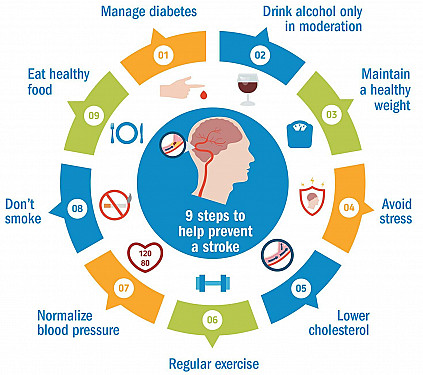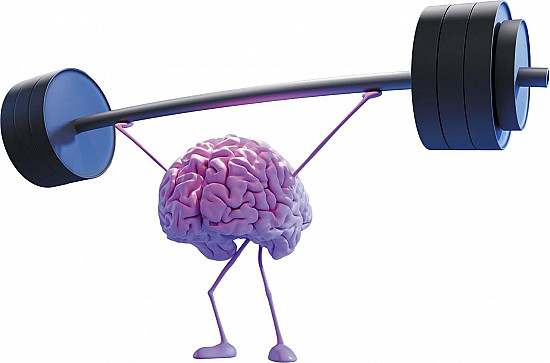Special MRI scan could identify stroke risk in people with atrial fibrillation

Atrial fibrillation is a heart rhythm disorder that affects millions of people. It can make you feel lousy. Even worse, it can cause potentially disabling or deadly strokes. A special MRI scan may — I stress the “may” — help identify people with atrial fibrillation who are at high risk of having a stroke. This could help many people with this condition to avoid taking warfarin or other clot-preventing medications for life.
A normal heartbeat starts in a cluster of cells called the pacemaker. It sits in the heart’s upper right chamber (the right atrium). These cells generate a pulse of electricity that flows to the rest of the heart and causes a coordinated heartbeat. In people with atrial fibrillation, electrical signals arise from areas outside of the pacemaker. These signals are fast and irregular. So instead of contracting with a steady rhythm, the right and left atria quiver. This can allow blood to pool in the atria instead of flowing smoothly through the heart and into the body.
When blood pools in the atria, it can form small clots. If one breaks away from inside the heart and gets into circulation, it could lodge in the brain, causing a stroke.
To reduce the risk of stroke, people with atrial fibrillation are often advised to take a blood thinner like warfarin or one of the newer alternatives, dabigatran (Pradaxa), rivaroxaban (Xarelto), or apixaban (Eliquis). But blood thinners can cause severe and sometimes life-threatening bleeding.
Researchers from Johns Hopkins University School of Medicine wanted to see if imaging could identify people with atrial fibrillation who were at high stroke risk. They performed standard MRI scans of the hearts of 149 men and women with atrial fibrillation, then used special motion-tracking software to evaluate the images. The scans revealed specific changes in the muscles of the left atrium that increased stroke risk in some of the volunteers. These changes were not associated with age or other risk factors for stroke. The results were published online April 27th in the Journal of the American Heart Association.
Calculating stroke risk from atrial fibrillation
It would be great to have a way to identify which individuals with atrial fibrillation are at high risk of stroke and which ones are at low risk. The Hopkins study offers a step in that direction. But it is much too early to include MRI as part of the standard evaluation of people with atrial fibrillation — not to mention that such scans would significantly increase the cost of these evaluations. For now, doctors will continue to use standard tools to help determine stroke risk.
If you have atrial fibrillation, your stroke risk is high if you:
- are age 65 or older, and even higher if you are 75 or older
- have had a stroke or a mini-stroke (transient ischemic attack, or TIA) in the past
- have heart failure
- have blood vessels in any part of the body narrowed by cholesterol-filed plaque (vascular disease)
- have diabetes
- are a woman.
Experts have devised a tool called the CHA2DS2-VASc Score to calculate stroke risk for people with atrial fibrillation. It estimates this risk by taking into account age and sex; the presence or absence of heart failure, high blood pressure, narrowed blood vessels, and diabetes; and whether you’ve had a previous stroke, TIA, or blood clot. A low score indicates that warfarin or other clot-preventing medicine may not be needed.
You can calculate your CHA2DS2-VASc Score online.
Someday, the use of MRI scans or some other technique to image the heart will probably be important in the evaluation of atrial fibrillation. But not any time soon.
About the Author

Howard E. LeWine, MD, Chief Medical Editor, Harvard Health Publishing; Editorial Advisory Board Member, Harvard Health Publishing
Disclaimer:
As a service to our readers, Harvard Health Publishing provides access to our library of archived content. Please note the date of last review or update on all articles.
No content on this site, regardless of date, should ever be used as a substitute for direct medical advice from your doctor or other qualified clinician.















